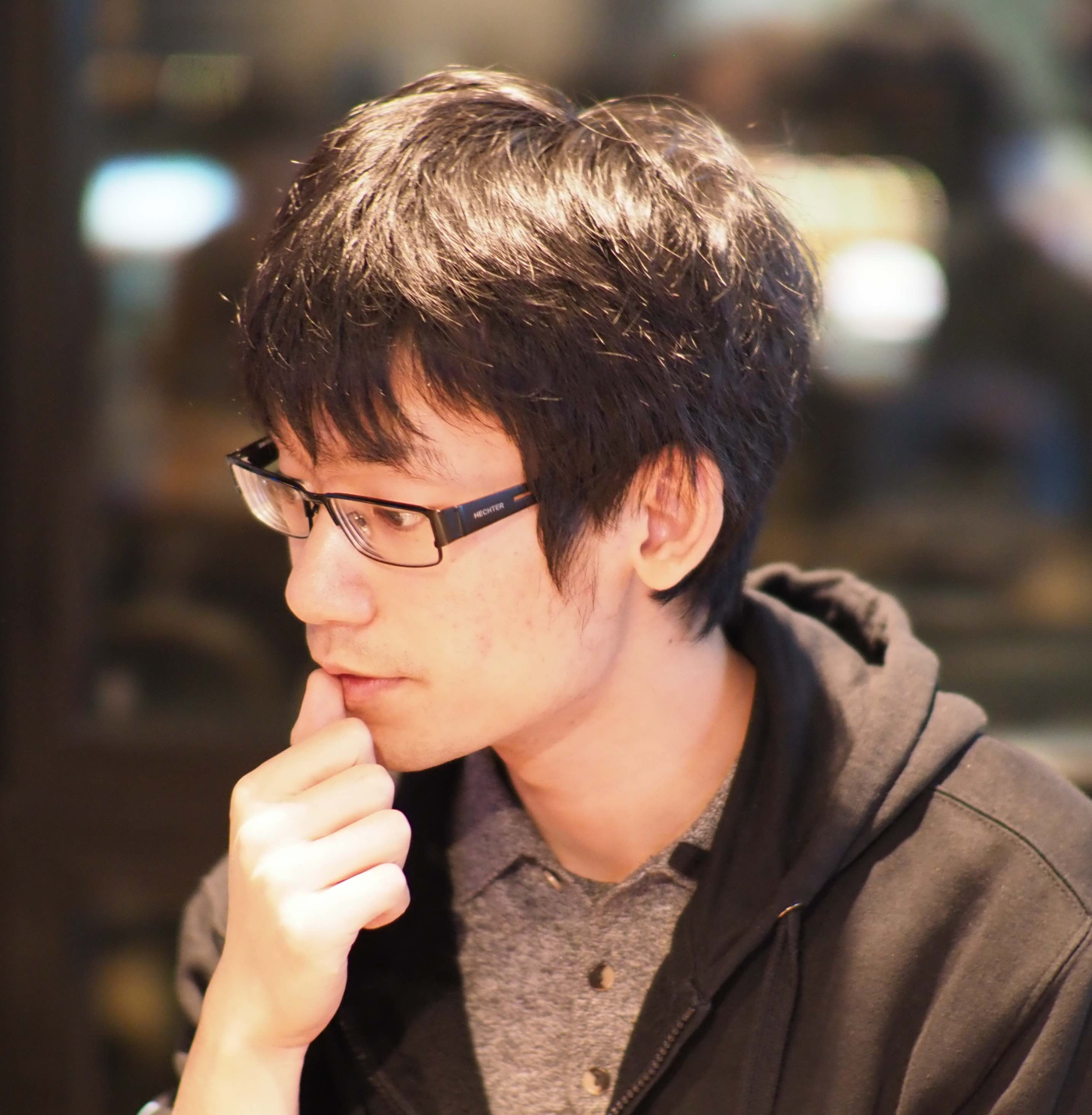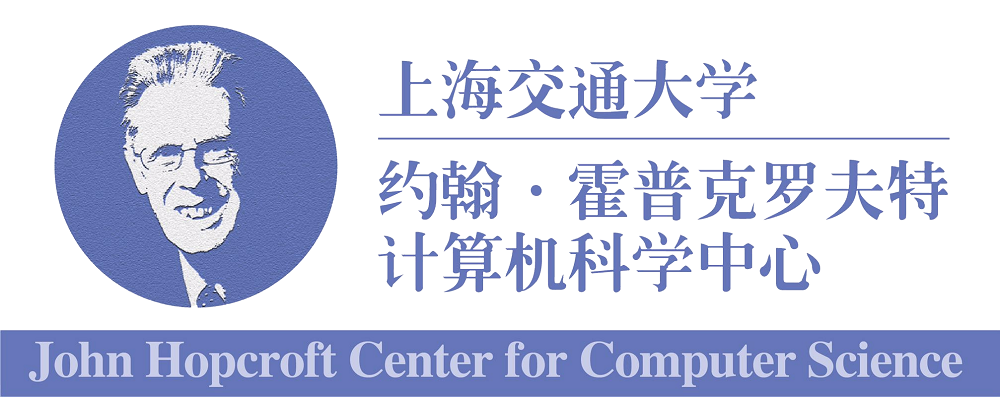Bridging the "Programmability Gap" with Program Synthesis
Speaker
Chenglong Wang, University of Washington

Time
2021-04-30 10:00:00 ~ 2021-04-30 11:30:00
Location
ZOOM线上会议(会议ID:653 898 77119, 会议密码:852825)
Host
汪宇霆
Abstract
Data manipulation and visualization support data scientists’ efforts to explore and understand data throughout the analysis process (e.g., to detect outliers during data collection and to conceptualize models during statistical analysis). And such exploratory analyses are their step stones for more complex analysis results and insights. While experienced data scientists can often achieve efficient, flexible and reusable analysis using programming languages like SQL and R, inexperienced users often struggle to achieve similar results using only interactive tools.
To help end users traverse this gap, I apply program synthesis to build tools that can synthesize programs from examples or partial task specifications. In this talk, I will show how we bridge the visualization authoring gap with Falx, a visualization-by-example tool. In Falx, users specify visualizations using examples of how concrete values in the input are mapped to visual channels, and Falx automatically infers the visualization specification and transforms the data to match the design. Falx's magic comes from (1) its novel interaction model evolved from the grammar of graphics that allows users to express complex tasks with less efforts, and (2) a scalable synthesis algorithm powered by abstract program reasoning techniques that addresses the combinatorial program search challenge. The end result: Falx can efficiently solve 75% of 83 practical visualization tasks collected from online forums and tutorials within 10 seconds (up from 46% that prior algorithms can solve); 33 users in our study can efficiently interact with Falx, and confidently solve challenging exploratory data analysis tasks they cannot easily solve otherwise. I will conclude with our observations of programmability gaps for end users in the field, and how PL-HCI research breakthroughs could vastly expand access to the power of programming to bridge these gaps.
Bio
Chenglong Wang is a Ph.D. Candidate at University of Washington advised by Prof. Ras Bodik and Prof. Alvin Cheung. His research focuses on building novel program synthesis algorithms and tools to democratize exploratory data analysis (especially database querying, data transformation and data visualization). Chenglong has received several awards from the research community: SIGMOD'17 best demo award, InfoVis'18 best paper award and CHI'21 best paper award.

